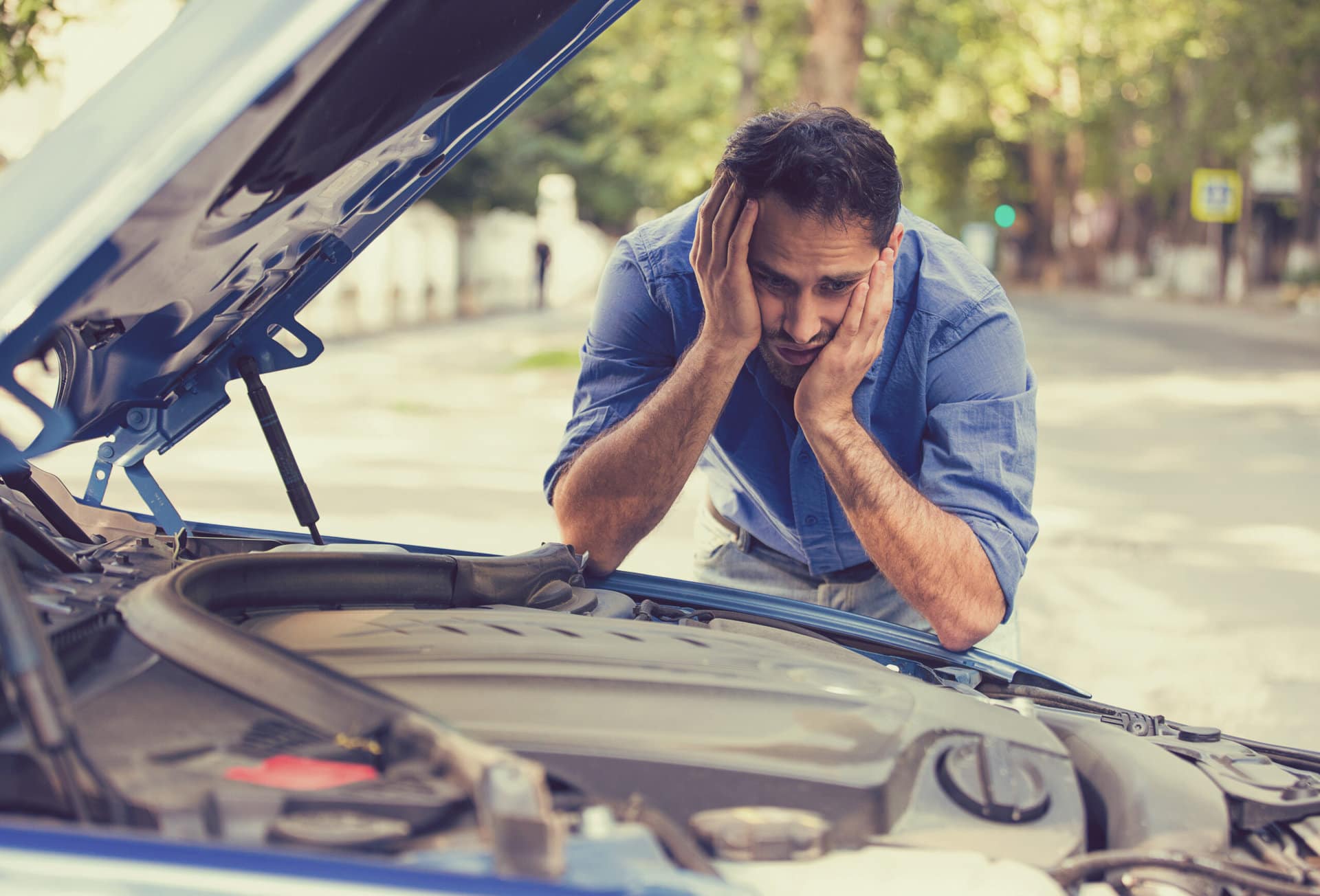
Why Won't My Car Start?
Wondering "why won't my car start"? A few things to note before we get started.
It's most likely your car's battery. The cold weather of Michigan, Ohio, Wisconsin, Illinois or any other sub zero state can drain your power.
If your vehicle won't start and you keep turning the key in the ignition over and over you'll create a flooded engine. There are several possible reasons why your car won't start but there are a few easy troubleshooting steps that will get you back on the road.
1. Dead Car Battery
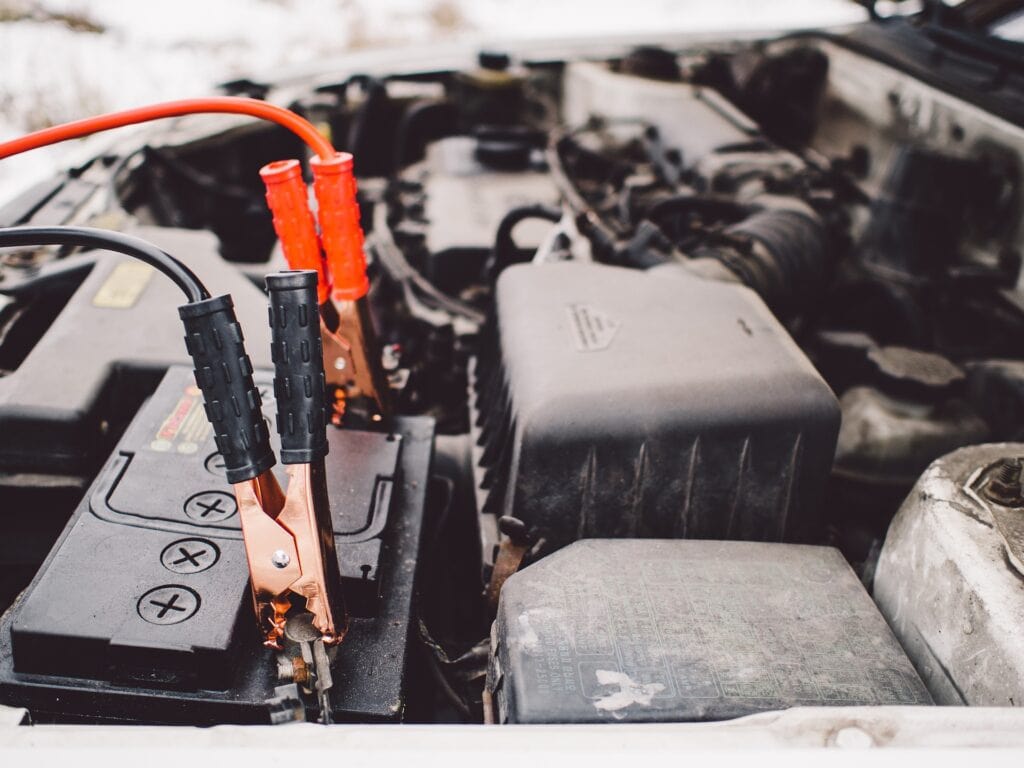
The most common reason for your car not starting is the car battery. The battery is a necessary working piece of the electrical part of the car.
It's required to function! Your starter relies on an electrical trigger so your engine won't start unless there is functioning battery connections.
Cold weather can give you battery problems. Cold weather also makes winter fix ups nearly impossible without a garage.
You won't need to go to a mechanic to get your dead battery working again. Just jump start your vehicle with another vehicle using jumper cables or battery cables.
If you need help jump starting your car follow this link. If you manage to jump start your car, head to a quick fix auto shop like an oil changing franchise to get your battery tested for little to no cost.
If your battery terminals are in good condition, make sure it is charged up before setting off again. If your battery is in bad condition, you'll need to replace it. These costs can range from $50-$200 depending on the make and model of your vehicle.
2. Bad Battery Connection
If its not a battery problem, the next thing to check is your battery cables. If they look damaged or loose, the car might not be able to pull electrical power to start the car engine.
There is also the possibility of a corroded battery terminals. If you see a lot of brown/white/blue/green discharge around the battery connectors, you'll need to get this cleaned. We recommend you go to a professional but here is where you can find out how to clean corroded battery terminals.
Make sure your car is OFF before touching the battery area.
3. Bad Alternator
Your alternator and its charging systems works with your battery to power the vehicle. Since your car needs a lot of electricity every time it drives on the road, your car needs a fast way to recharge your battery every day.
The alternator recharges your battery after your car starts, it gets its power from the turning of your tires when you're on the road. It turns that mechanical energy into power for your battery.
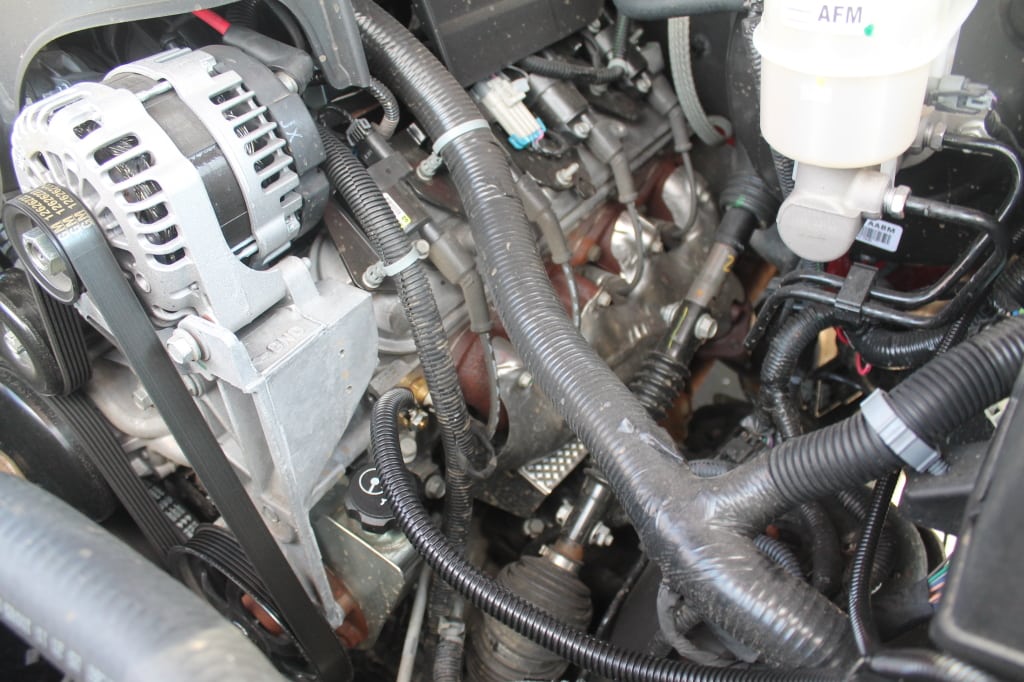
If your alternator is not functioning properly, your battery will eventually die and not have a way to recharge itself. One of the easiest ways to tell if your car won't start or has a bad alternator is to let the car run after you have jumped it.
Drive it around a parking lot for the best results, your car will eventually die if the alternator is the culprit. Difficulty replacing the alternator varies based on make/model of your car. We recommend replacing this part at a mechanic shop but here's a guide to replacing your own alternator.
4. Your Car Isn’t In Park Or Neutral
If your car won't start, it might not be in park or neutral. It could be that your car is in gear. Try to push on the brake pedal and move the car into park. IF YOUR VEHICLE IS ALREADY MOVING SHIFT THE CAR TO NEUTRAL then attempt to start the car again.
If you can turn your key in the ignition while your car is in drive immediately take it to a professional for a fix up.
5. You've Gotten Your Steering Wheel Jammed & Locked
If you can't even turn your key, you've probably got a jammed steering wheel. This function helps anti-theft when someone tries to turn your steering wheel without the car running. This will activate the steering lock.
To get out of a steering lock, wiggle the steering wheel and gently try to turn the key again. Once you turn the car on the steering wheel will become unlocked. This action does not negatively effect the car, your car should be working fine after this.
6. Dead Key Fob Battery
On newer vehicle models that require a key fob to start the engine, sometimes the vehicle won't recognize the fob if the fob is dead. Vehicles where you turn the key don't have these starting problems.
You'll need to replace the battery in the fob before you can start your car. Look for a coin or a screwdriver to open the battery cover, you can find more on changing fob batteries here.
7. Malfunctioning Immobilizers
If your key fab battery is low, your vehicle might not recognize it as you. A malfunctioning immobilizer can restrict your vehicle from starting.
Cars might not allow you to drive because it thinks you do not have the fab. This is part of the anti-theft mechanism. You should notice flashing lights to indicate that your key fab battery is low or that you have no key fab at all.
8. Empty Fuel Tank
This one seems like a no-brainer but if you do not have an empty fuel tank, your car will not start. If your gas gauge is broken you might run out of gas before you even know you were running low. Your fuel system is needed to start the car.
If your car is out of gas, get a gas can and walk to the nearest gas station. Try to get at least two gallons of gas. You might need a jump to get your car started after it dies from lack of fuel.
If your gas gauge is broken, try setting the mile counter to zero (not the odometer) and tracking your fuel usage that way until you can get a fix.
9. Your Starter Motor Is Bad
One of the most common reasons why your car won't start a bad starter motor. The starter motor is the part of the car that receives the electrical signal to crank the engine. If it is damaged your car won't start.
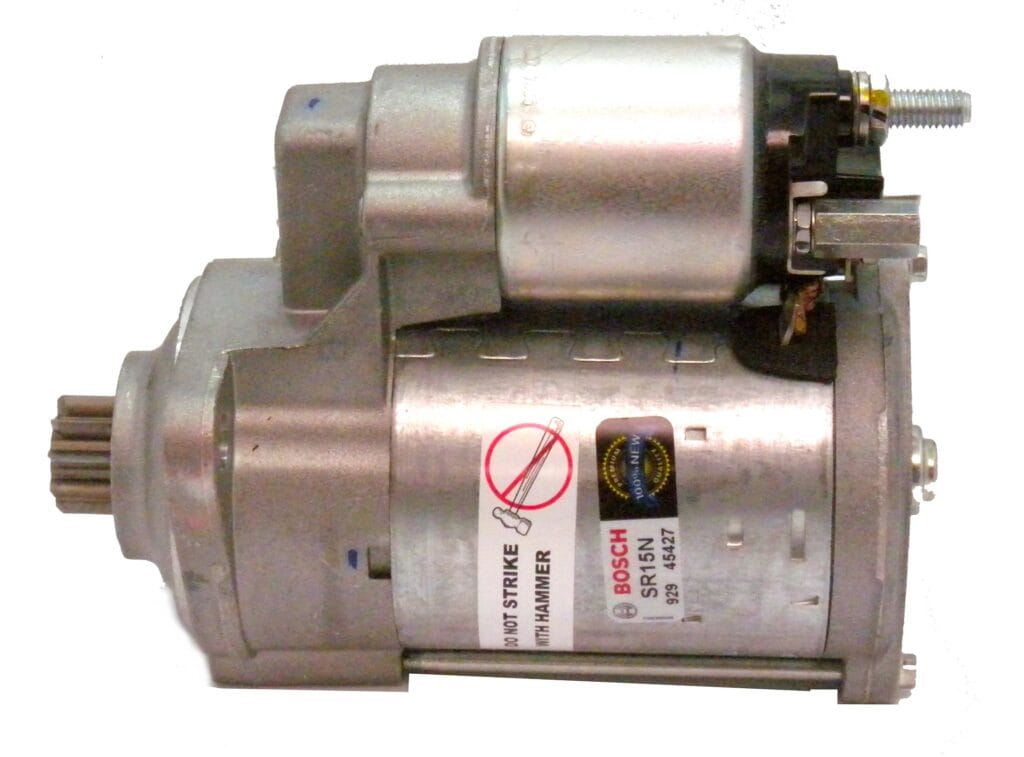
To tell if your starter motor is the reason that your car won't start, turn the key. If your lights come on you've probably got a bad starter motor. Check for other electrical problems once you've turned the key. If you keep turning the key, there might be some smoke from a blown fuse.
You'll need to call a tow truck and take it to the mechanic shop if you've got a faulty starter.
10. Faulty Fuse
If your car won't start it may be due to a bad fuse. Car fuses are easily accessible and can be found under the hood and beneath the steering wheel of your car. The car's electrical system all runs through the fuse boxes.
You can replace a blown fuse but if the blown fuse is bad enough, some of the wiring might be damaged. This can prevent cars from starting. You can find the map to your vehicle's fuse box in the owners manual.
11. Faulty Ignition Switch
Another piece of equipment involved in starting your vehicle is the ignition switch. To diagnose this problem, check for flickering dashboard lights or other electrical issues.
The ignition key may also be hard to turn. You won't even hear the starter motor turn the engine. Usually a car cranks, if there is no crank this is also a good indicator of a bad ignition switch.
12. Old Spark Plugs
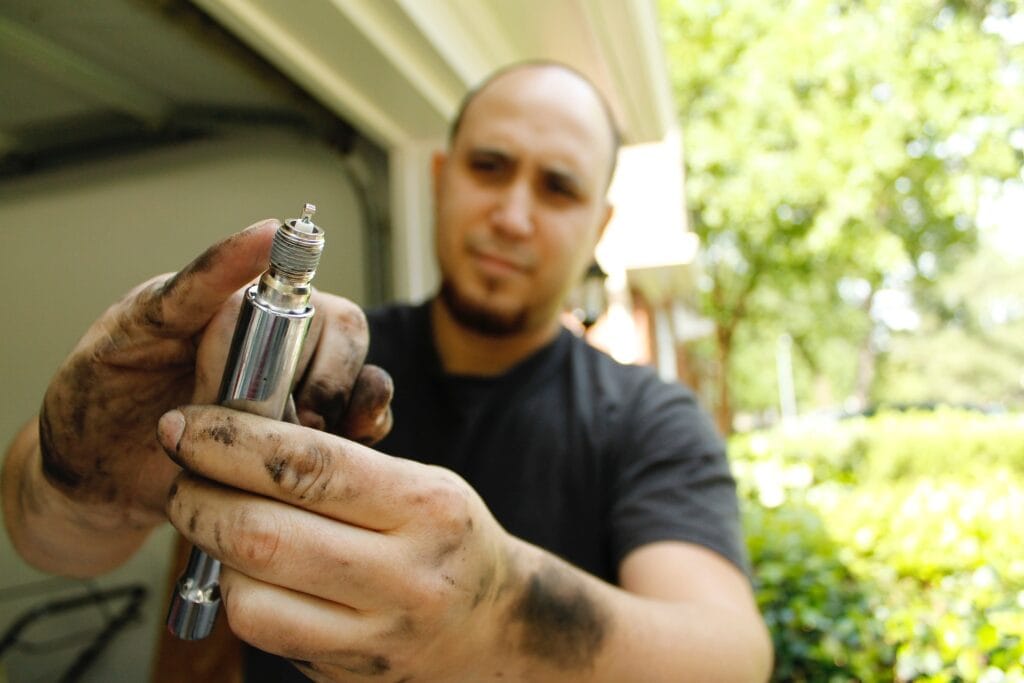
Spark plugs are a common culprit of why a car won't start. Defective spark plugs lead to misfires, low gas efficiency, and other car problems.
If your car is running awkwardly before you notice that it won't start. This could be a good indicator that it is the spark plugs. If the engine cranks & you here a clicking sound but the engine doesn't turn over, this could be defective spark plugs.
13. Failed Fuel Pump Relay
The car's fuel system is paramount to the engine starting. If you don't hear noise from the fuel pump in the fuse box, the fuel pump could be the reason why your car won't start.
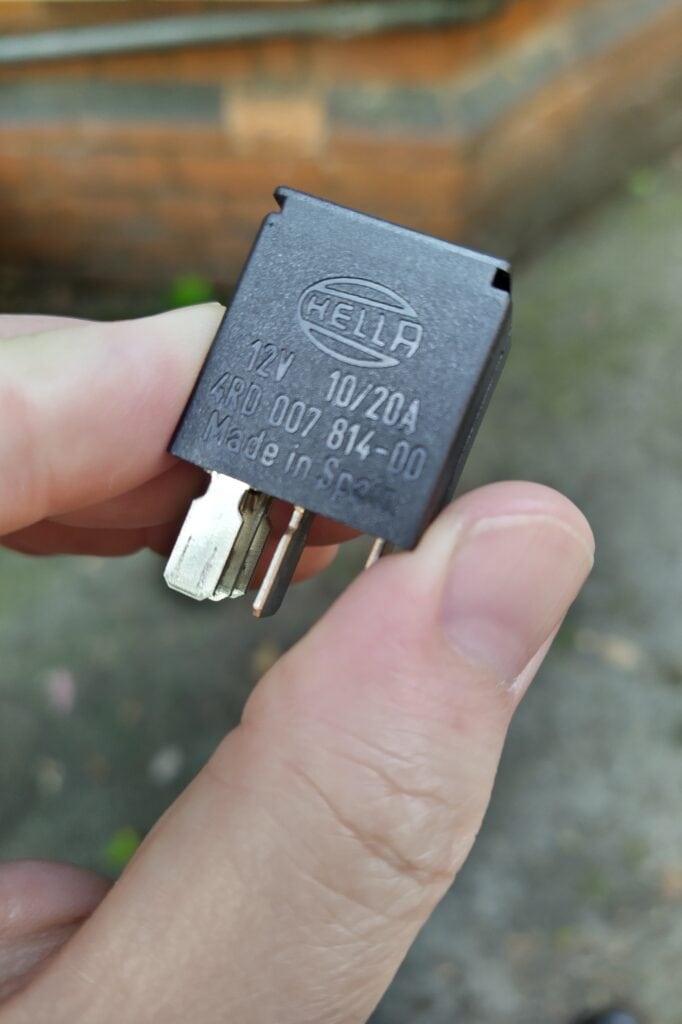
If you have trouble starting your vehicle and have these signs there might not be enough fuel drawn to the combustion chamber.
Replace the fuel pump relay fuse or swap it with a different relay fuse and check if the engine turns this time. If it starts, take it to a mechanic to make sure that was the only thing wrong. You can find the fuse box in the owner's manual.
14. Broken Distributor Cap
Its not always your starter motor or spark plugs as the reasons why your car won't start. Common reasons include a broken distributor cap. This routes electricity after ignition back to the spark plugs. If your car starts you can still have a faulty cap.
If you hear noises, see a check engine light, or your engine is misfiring, have your mechanic check your distributor cap and all your car starting parts.
15. Bad Timing Belt
Strange noises in the engine after ignition and misfiring can reveal a bad timing belt. Your engine may not even turn over. You'll need this timing belt to start your car and fire cylinders at the right times.
16. Clogged Fuel Filter
You may have trouble reaching ignition if fuel can't get to the combustion chamber. A vehicle on it's last legs might have fuel filter issues.
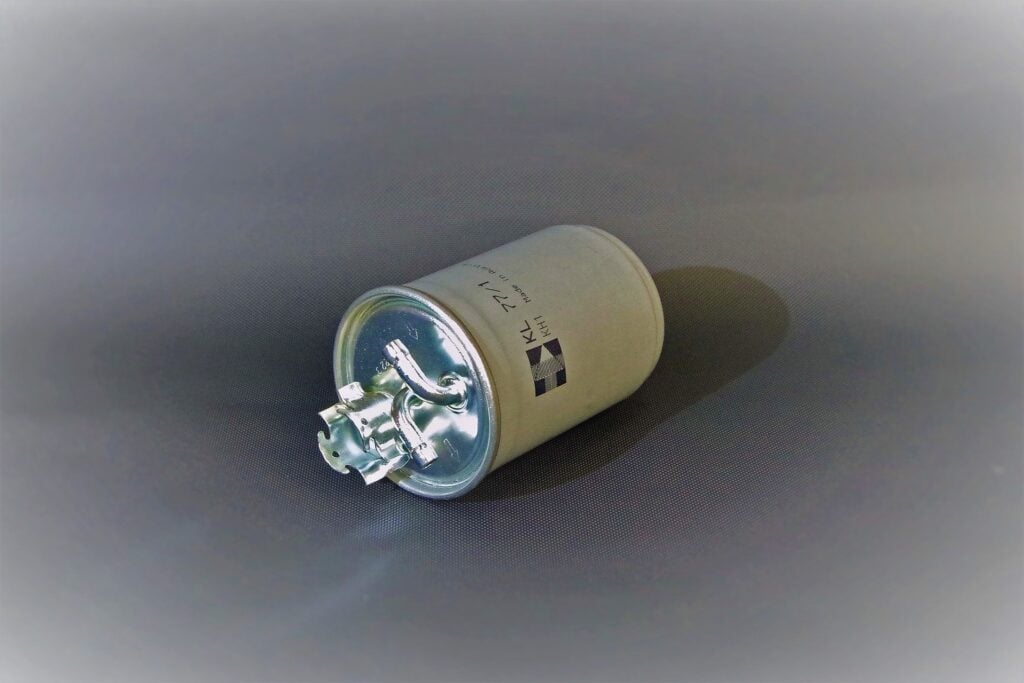
Change out the fuel filter every 30,000 miles. Common symptoms of a clogged filter are bad gas mileage and rougher vehicle running.
17. Cable Wiring Problem
There is a large cable that directs electricity to the car's body. All cars have these ground wires that run through the body of the vehicle.
Common symptoms may include hard starting, there may be a dead battery, the engine can feel off, there may be flickering dome light, a damaged throttle, sporadic sensor failure, and more if there's a ground cable issue. You'll typically be able to see a large damaged wire near the car's engine.
18. Low AdBlue
Some modern vehicles require Adblue to restart the engine. Some models need this in order to operate the vehcle's software.
No Solution?
If your mechanic deems your vehicle to be too expensive to fix or totaled you can donate it to Wheels For Wishes car donation program. Get a tax deduction and free towing when you donate, plus, you help Make-A-Wish kids every time you donate a car.
Here's how you can donate a totaled car:
- Call our representatives or fill out our convenient online donation form. Vehicle donation online is easy with us!
- We'll call you for your free pick up within 24 hours of the next business day. We send a tow truck and pick up your vehicle for free.
- We'll mail you your 100 percent tax deductible receipt. Tax deductions are easy when you donate a car with us.







